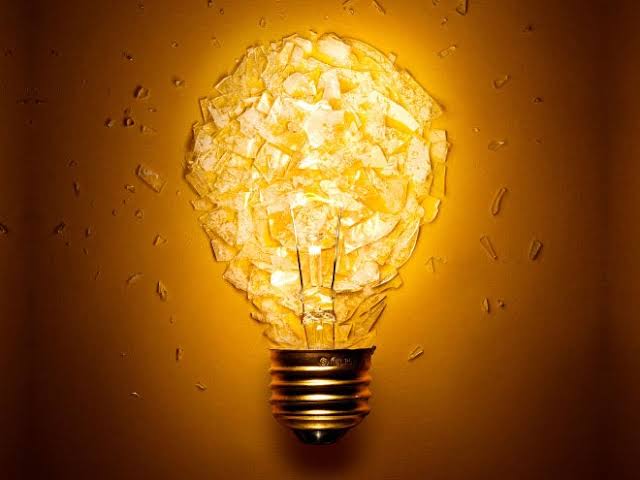How important is Energy Conservation during a Heatwave?
Heatwaves are becoming more frequent and intense due to climate change, posing significant challenges to energy systems and public health. During these extreme weather events, energy conservation becomes crucial for several reasons. Let’s explore why conserving energy during a heatwave is essential and how it can benefit both individuals and the broader community.
1. Preventing Overload on the Power Grid
During a heatwave, the demand for electricity spikes as air conditioning units and fans work overtime to keep homes and businesses cool. This increased demand can strain the power grid, leading to blackouts or brownouts if the grid becomes overloaded. By conserving energy, especially during peak hours, we can help prevent power outages and ensure a stable supply of electricity for everyone.
2. Reducing Greenhouse Gas Emissions
Energy production, particularly from fossil fuels, contributes significantly to greenhouse gas emissions. During a heatwave, when energy consumption is at its highest, the environmental impact is even greater. By conserving energy, we can reduce the amount of fuel burned to generate electricity, thereby decreasing emissions and mitigating the effects of climate change.
3. Minimizing Energy Costs
High energy demand during a heatwave often leads to increased electricity prices. For consumers, this means higher utility bills. By taking steps to conserve energy, households can lower their electricity usage and avoid the financial burden of excessive energy costs. Simple measures like adjusting thermostats, using fans, and minimizing the use of large appliances can make a significant difference.
4. Protecting Public Health
Heatwaves pose serious health risks, particularly for vulnerable populations such as the elderly, young children, and those with pre-existing health conditions. Conserving energy helps ensure that air conditioning remains available and effective for those who need it most. Additionally, reducing strain on the power grid helps maintain reliable service for critical facilities such as hospitals and emergency services.
5. Enhancing Community Resilience
Communities that prioritize energy conservation during heatwaves are better equipped to handle the challenges that come with extreme temperatures. By working together to reduce energy consumption, communities can avoid widespread power outages and ensure that resources are available for those in need. This collective effort enhances overall resilience and safety during heatwaves.
Practical Tips for Energy Conservation During a Heatwave
Conserving energy during a heatwave doesn’t require major sacrifices. Here are some practical tips to help reduce energy consumption while staying cool and comfortable:
- Adjust Thermostats: Set your thermostat to a higher temperature when you’re not at home. Even a few degrees can make a significant difference in energy consumption.
- Use Fans Wisely: Ceiling fans and portable fans can help circulate air and create a wind-chill effect, making you feel cooler. However, remember to turn them off when you leave the room.
- Close Blinds and Curtains: Blocking out direct sunlight with blinds, curtains, or shades can keep your home cooler and reduce the need for air conditioning.
- Limit Use of Heat-Generating Appliances: Avoid using ovens, stoves, and other heat-generating appliances during the hottest parts of the day. Opt for microwaves or outdoor grills instead.
- Unplug Electronics: Many electronic devices continue to draw power even when turned off. Unplugging devices or using power strips can help eliminate this “phantom” energy usage.
- Optimize Air Conditioning: Ensure your air conditioning unit is well-maintained, with clean filters and unobstructed vents. Consider using a programmable thermostat to better control cooling times.
- Stay Hydrated and Wear Light Clothing: Drink plenty of water and wear lightweight, breathable clothing to stay cool without relying solely on air conditioning.
- Plan Outdoor Activities: Schedule outdoor activities during cooler parts of the day, such as early morning or late evening, to avoid peak heat and reduce the need for air conditioning indoors.
By adopting these energy-saving practices, individuals can play a vital role in conserving energy during heatwaves, ensuring a more sustainable and resilient future for all. Remember, every little effort counts when it comes to energy conservation, and collectively, we can make a significant impact.





